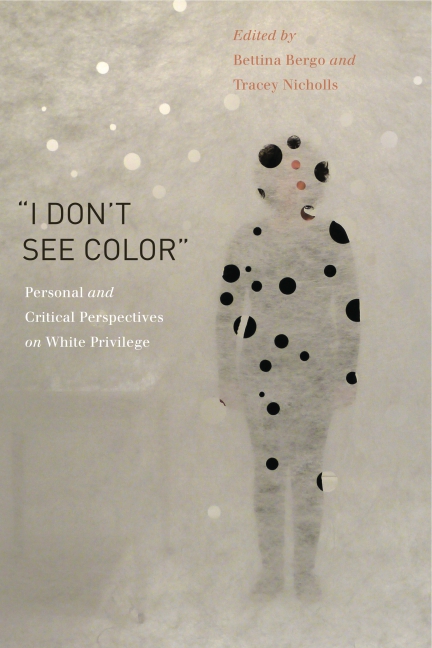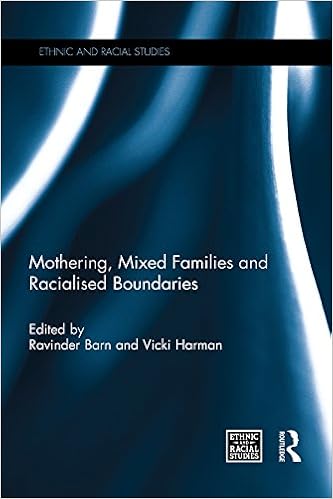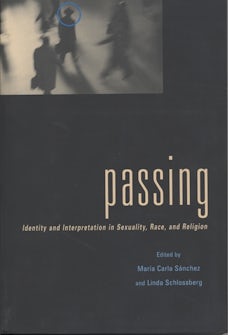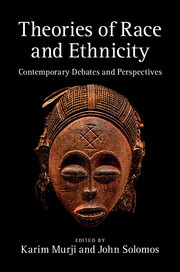Women Warriors of the Afro-Latina DiasporaPosted in Anthologies, Autobiography, Books, Brazil, Caribbean/Latin America, Poetry, Women on 2016-01-17 01:22Z by Steven |
Women Warriors of the Afro-Latina Diaspora
Arte Público Press
2012-04-30
248 pages
Paperback ISBN: 978-1-55885-746-9
Edited by: Marta Moreno Vega, Alba Marinieves and Yvette Modestin
Afro-Latina women relate their personal stories and advocacy for racial equality
“My housewife mother turned into a raging warrior woman when the principal of my elementary school questioned whether her daughter and the children of my public school had the intelligence to pass a citywide test,” Marta Moreno Vega writes in her essay. She knew then she was loved and valued, and she learned that to be an Afro-Puerto Rican woman meant activism was her birth right.
Hers is one of eleven essays and four poems included in this volume in which Latina women of African descent share their stories. The authors included are from all over Latin America—Brazil, the Dominican Republic, Haiti, Panama, Puerto Rico and Venezuela—and they write about the African diaspora and issues such as colonialism, oppression and disenfranchisement. Diva Moreira, a black Brazilian, writes that she experienced racism and humiliation at a very young age. The worst experience, she remembers, was when her mother’s bosses told her she didn’t need to go to school after the fourth grade, “because blacks don’t need to study more than that.”
The contributors span a range of professions, from artists to grass-roots activists, scholars and elected officials. Each is deeply engaged in her community, and they all use their positions to advocate for justice, racial equality and cultural equity. In their introduction, the editors write that these stories provide insight into the conditions that have led Afro-Latinas to challenge systems of inequality, including the machismo that is still prominent in Spanish-speaking cultures.
A fascinating look at the legacy of more than 400 years of African enslavement in the Americas, this collection of personal stories is a must-read for anyone interested in the African diaspora and issues of inequality and racism.








